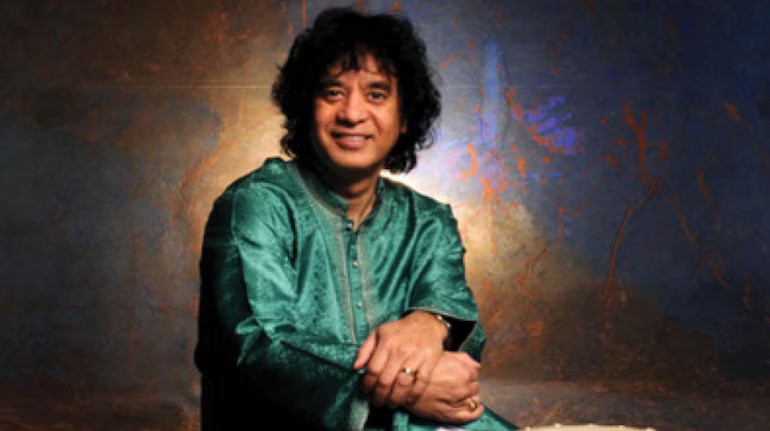Tabla Maestro Remembered for Redefining Indian Classical Music

Zakir Hussain, the legendary tabla virtuoso who revolutionized Indian classical music and brought the instrument to global prominence, has passed away at the age of 73. His family confirmed he died of idiopathic pulmonary fibrosis, a rare lung disease, at a hospital in San Francisco.
Hussain, born in Mumbai in 1951, was regarded as one of the greatest tabla players in history. He transformed the tabla from an accompaniment instrument into a celebrated solo art form, captivating audiences worldwide with his dazzling performances.
A Life of Musical Brilliance
Hussain began his training under his father, Ustad Allarakha Khan, a tabla maestro in his own right. By the age of seven, he performed his first concert, marking the start of a storied career. Over the years, he became a sought-after accompanist, collaborating with some of the greatest Hindustani classical musicians and dancers.
In her 2018 biography of Hussain, author Nasreen Munni Kabir wrote, “His masterful dexterity and creative genius led to his becoming one of the most sought-after accompanists to the very best of Hindustani classical musicians.”
Beyond the classical stage, Hussain became an ambassador of Indian music, seamlessly crossing genres and inspiring generations of artists. Reviewing his 2009 performance at New York’s Carnegie Hall, The New York Times described him as “a fearsome technician but also a whimsical inventor,” noting that his artistry was as mesmerizing as “the blur of a hummingbird’s wings.”
Awards and Global Recognition
Hussain’s accolades included four Grammy Awards and India’s prestigious Padma Vibhushan, the second-highest civilian honor. His influence extended far beyond Indian music, as he collaborated with international artists and brought the tabla to stages across the globe.
Tributes Pour In
Tributes from around the world highlight Hussain’s unparalleled impact on music. Nayan Ghosh, a sitar and tabla player, called his death “devastating” and reflected on their six-decade association.
“He was a pathbreaker, a game-changer, an icon who put tabla and Indian music on the world map by transcending the boundaries of genre and inspiring generations of artistes,” Ghosh told the BBC.


Comments are closed.